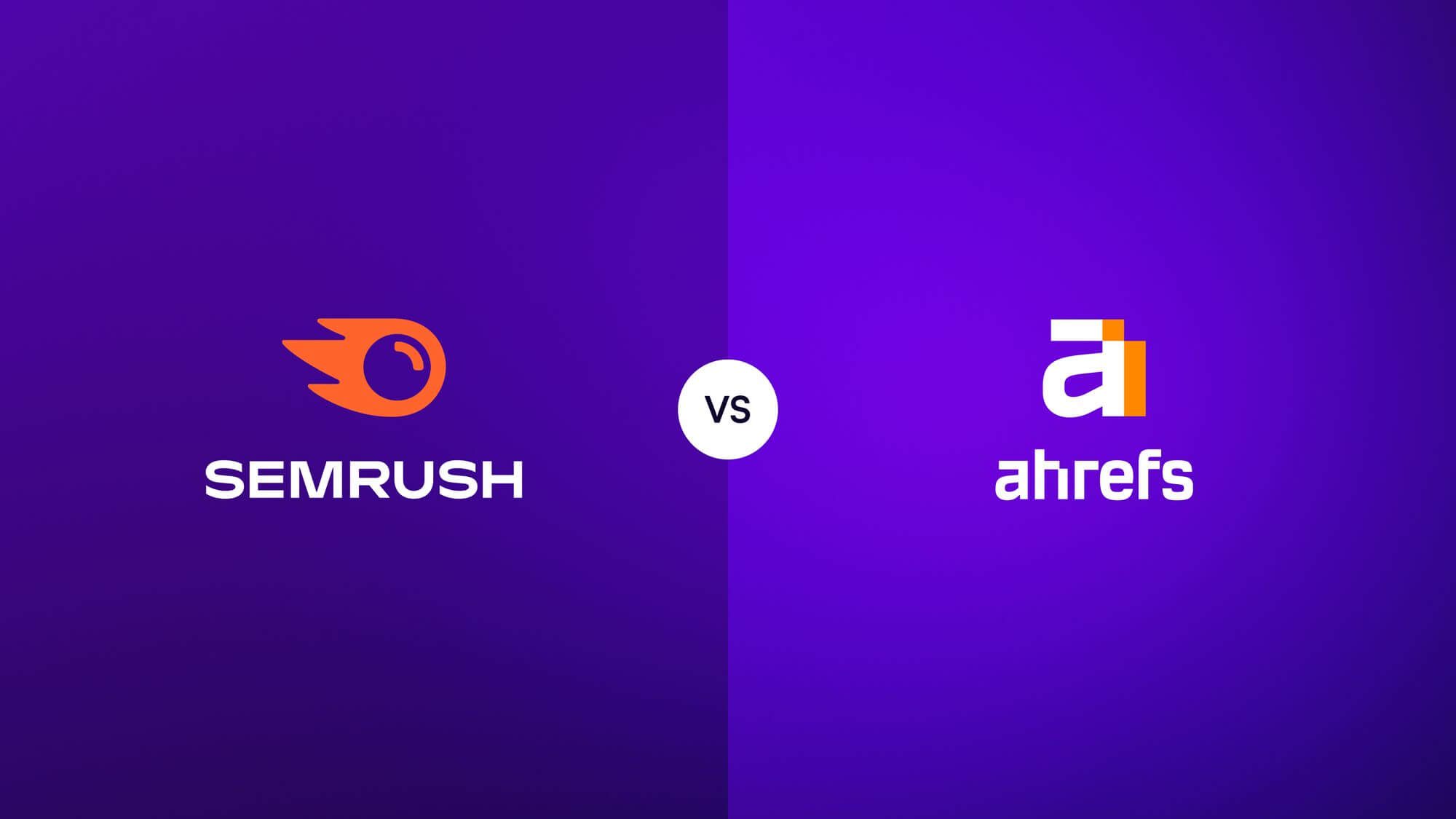Ahrefs vs SEMrush: Choosing the Right SEO Tool for Small Businesses
Share

In today’s digital-first economy, SEO is no longer a luxury—it’s a necessity. For small businesses, especially those with limited marketing budgets, leveraging the right tools can make or break their online visibility. Among the many SEO platforms available, Ahrefs and SEMrush stand out as two of the most comprehensive and trusted solutions.
But how do you decide which one to use? Is one better suited for keyword research, while the other excels in link building? What if you're managing both paid and organic strategies?
This article explores how a small online store used SEMrush for ad planning and Ahrefs for backlink analysis to boost their performance—resulting in a 30% increase in sales. Their approach offers a practical roadmap for other businesses evaluating these tools.

Understanding the Role of SEO Tools
Both Ahrefs and SEMrush offer overlapping features—keyword tracking, site audits, backlink analysis—but they also have unique strengths. For small businesses, the goal is to find the balance between cost, usability, and ROI. These tools can help:
-
Identify keyword opportunities
-
Analyze competition
-
Monitor rankings
-
Fix technical SEO issues
-
Audit and manage backlinks
-
Plan and manage PPC campaigns (in SEMrush)
Choosing between them often comes down to your business focus—organic search vs paid ads, depth vs breadth, simplicity vs versatility.
Scenario: A Small Business in Growth Mode
Let’s consider a practical use case. A small online store had been operating for over a year but was struggling with flatlining traffic and inconsistent ad performance. They had tried basic SEO tactics and boosted a few Facebook posts but lacked a cohesive strategy.
Their goals were straightforward:
-
Increase organic traffic through content marketing
-
Improve ROI from Google Ads
-
Build authority through backlinks
The challenge? Limited time, budget, and in-house expertise. That’s when they turned to two powerful tools—Ahrefs and SEMrush.
Why SEMrush Was Chosen for Ads and Keyword Planning
SEMrush offers a suite of tools that go beyond SEO, making it ideal for PPC management and market research. The business began by using SEMrush to:
-
Audit their Google Ads campaigns: They discovered that some keywords had a high cost-per-click (CPC) but low conversion rates.
-
Analyze competitor ads: SEMrush provided insights into the keywords and ad copies competitors were using.
-
Use Keyword Magic Tool: This helped them find low-competition keywords with buying intent—ideal for small-budget campaigns.
-
Track performance: The Position Tracking feature allowed them to monitor keyword performance in paid and organic results.
Outcome: Within weeks, their ad campaigns became more efficient. Instead of spending broadly, they targeted fewer, more relevant terms—improving CTRs and lowering CPC.
Why Ahrefs Was Used for Backlink and Content Strategy
While SEMrush excelled in planning ads and researching competitors, the team needed a deeper look into link building and organic content opportunities. That’s where Ahrefs came in.
They used Ahrefs to:
-
Audit existing backlinks: The Site Explorer tool revealed toxic backlinks from irrelevant directories, which they later disavowed.
-
Find backlink opportunities: By analyzing competitors, they identified websites and blogs that were linking to similar products.
-
Plan content: Ahrefs' Keyword Explorer helped them target low-difficulty keywords with content that attracted both users and backlinks.
-
Monitor link growth: With the Backlink and Referring Domains trackers, they could see which outreach efforts were working.
Outcome: Within two months, their domain authority improved. Several blog posts started ranking for mid-volume keywords, driving consistent organic traffic.
Results: Coordinated Efforts, Measurable Growth
By using both tools in tandem, the store was able to:
-
Reduce wasted ad spend
-
Increase paid conversion rates
-
Improve organic visibility
-
Build high-quality backlinks
-
Boost brand trust and authority
The impact was tangible. Over a three-month period:
-
Sales increased by 30%
-
Organic traffic grew by 45%
-
Ad spend efficiency improved by 25%
It wasn’t just the tools—it was how they used the right tool for the right job that made the difference.
Ahrefs vs SEMrush: Summary for Small Businesses
Ahrefs เหมาะสำหรับธุรกิจที่เน้น SEO โดยเฉพาะด้านการวิเคราะห์ลิงก์และการวางแผนคอนเทนต์ ส่วน SEMrush เหมาะกับผู้ที่ต้องการเครื่องมือครบทั้ง SEO และโฆษณาแบบจ่ายต่อคลิก (PPC) มีฟีเจอร์หลากหลายกว่าโดยเฉพาะด้าน Google Ads และการวิเคราะห์คู่แข่ง ทั้งสองมีจุดเด่นต่างกัน ขึ้นอยู่กับเป้าหมายธุรกิจของคุณ.
Final Thoughts: The Power of Using Both
For small businesses, it’s not always about choosing either Ahrefs or SEMrush. Sometimes, the best results come from knowing when to use each tool’s strengths strategically. SEMrush’s marketing suite can fuel PPC growth and top-level analysis, while Ahrefs offers depth and precision in link building and organic SEO.
If you're a small business owner unsure of where to start, consider identifying your most urgent goals:
-
Need better ad ROI? Start with SEMrush.
-
Want to grow organic traffic and authority? Go with Ahrefs.
-
Or better yet, use both selectively—just like this online store did.
Their story shows that with the right tools and strategy, even the smallest brands can make big gains in search.

Share

Keep me postedto follow product news, latest in technology, solutions, and updates
Related articles
Explore all


